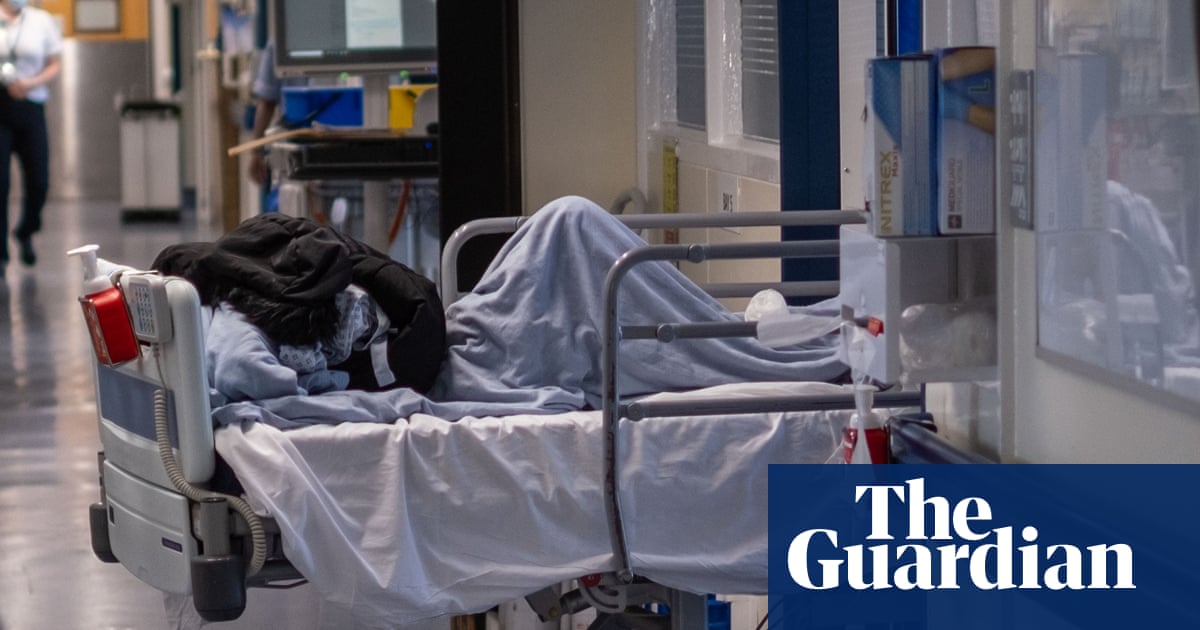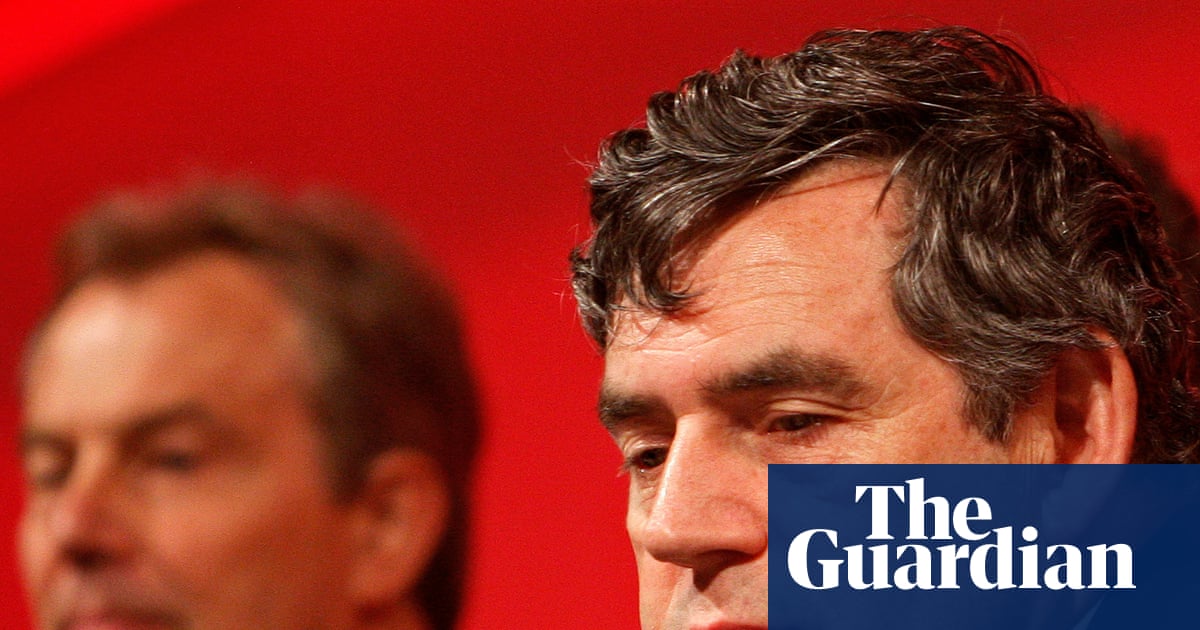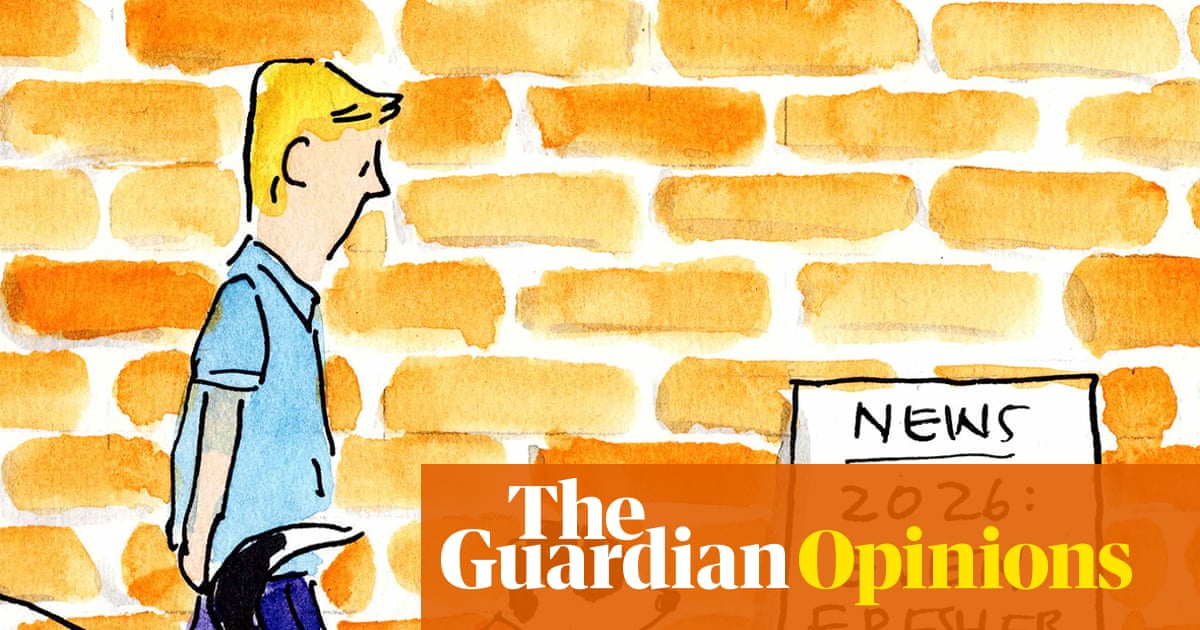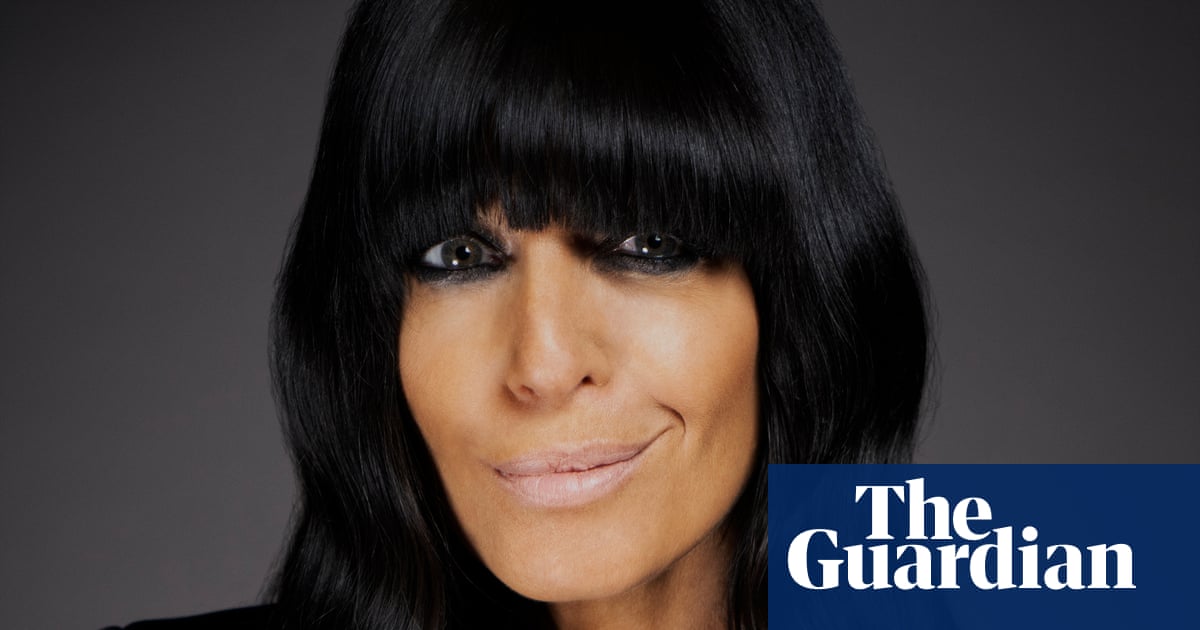The chief executive of the government’s new official partner in tackling Islamophobia has spoken about being refused service in a shop for being Muslim, amid concerns about a rise in insidious anti-Muslim “microaggressions”.
The British Muslim Trust (BMT) is launching a government-backed telephone and online reporting service for hate crimes. In July, the trust was selected as a recipient of the government’s “combating hate against Muslims fund”, and in the months since its chief executive, Akeela Ahmed, has been meeting members of Muslim communities, including in Bradford in West Yorkshire, East Sussex, Greater London and Greater Manchester.
Ahmed said it seemed the “gap is closing” between hate speech and inflammatory comment online – from social media groups to newspaper comment sections – and anti-Muslim hatred in real life, which remained “underreported and underrecognised.”
As a result, BMT hopes to research the impact of online discourse and “call on ministers if research showed social media companies are not being held to account” under existing legislation, she said.
“We’re not even just talking about content that could be racist or anti-Muslim in nature. We’re talking about content that is inciting violence, that is actually breaking the law,” Ahmed said. “We would not be asking for any special favours or special measures just for Muslim communities. This is literally about upholding the law as it is and enacting it.”
Ahmed said that in Bradford and Greater Manchester she had encountered “fatigue” and a sense of “disconnection from central government” in people who had been “raising the alarm about anti-Muslim hatred impacting their lives for a number of years”.
Difficulties faced by Muslims she spoke to included being ignored as customers by staff who silently refused to serve them.
She said: “I think Muslims are an easy target because they are visible. People like me who wear a hijab. Pretty much everywhere that we visited, people described feeling like they were experiencing levels of hate that their parents had experienced in the 70s and the 80s.
“And they expressed how they felt that whereas the older generations might have just been like ‘we’re going keep our heads down, we’re gonna prove our worth, get on with our lives, not make a fuss’ – they felt that they were a different generation and they were doing all the right things.
“They were contributing to society, they’re accomplished, educated, integrated. But despite that, there were these questions about their place in society, questions about whether or not they’re British, whether or not they’re loyal, what their place is … there was rhetoric around looking at Muslims as a completely homogenised group which is a threat to society. And they felt that was then translating into greater hostility.
“People spoke about how they felt like if they went to a shop they wouldn’t be served, whereas other people around them were being served – a lot of these kind of microaggressions … because they’re Muslim, because of the way they looked.”
after newsletter promotion
Ahmed added: “It’s something I experienced myself, where I was in a shop and the people around me were being served but I wasn’t served.
“First you feel helpless, and then you second guess yourself … sort of gaslight yourself into thinking that it must have been something that you did wrong. [But] basically there wasn’t anybody else who looked like me in the shop.”
A new definition of Islamophobia being considered by UK ministers is expected to “protect the freedom to criticise Islam”, while helping provide a framework for countering the rise in anti-Muslim hate incidents. A government source said ministers were committed to “protecting people, not religions”.
Ahmed said BMT would have a robust approach to data, aspiring to “have the same level of trust” in Muslim communities as the “gold standard” Community Security Trust did with Jewish communities.
“We want to paint a holistic and comprehensive picture of exactly what people are experiencing. Not only will we be recording incidents that people report to us of Islamophobia, we’re also, as you say, going out, listening to people through outreach and roadshows, recording that as well.
“We’ll also be doing research that will paint a comprehensive understanding of what’s happening on the ground and then we’ll present those findings to government,” she said.
From 30 October, members of the public will be able to report incidents to BMT between 10am and 3pm. For more information, visit the British Muslim Trust’s website.

 1 month ago
38
1 month ago
38

















































